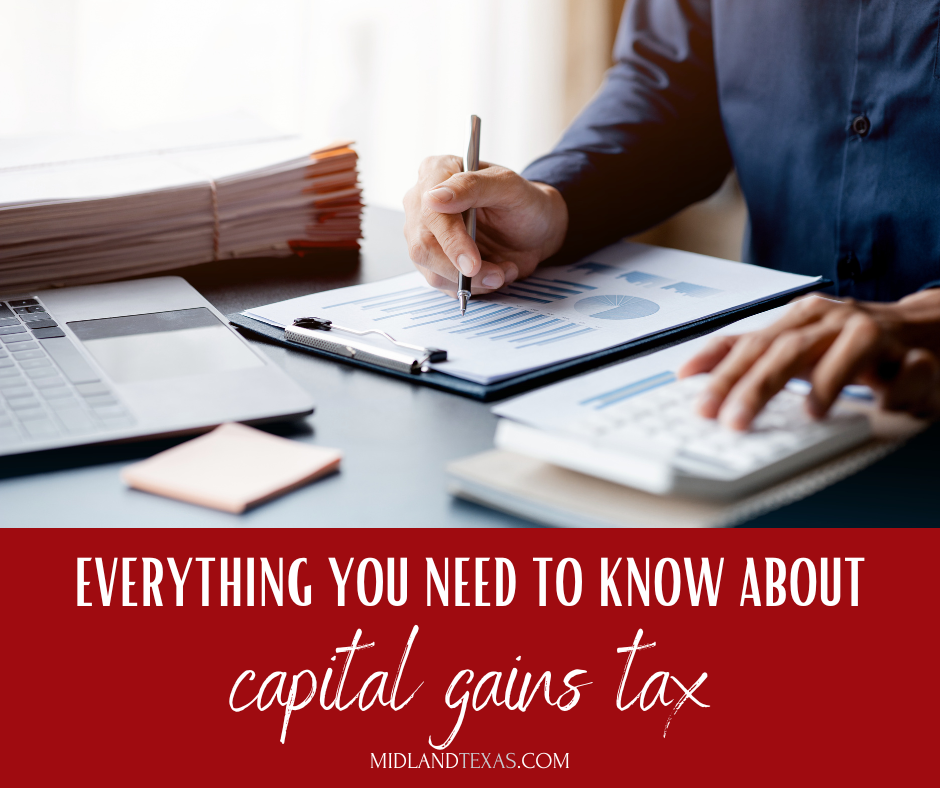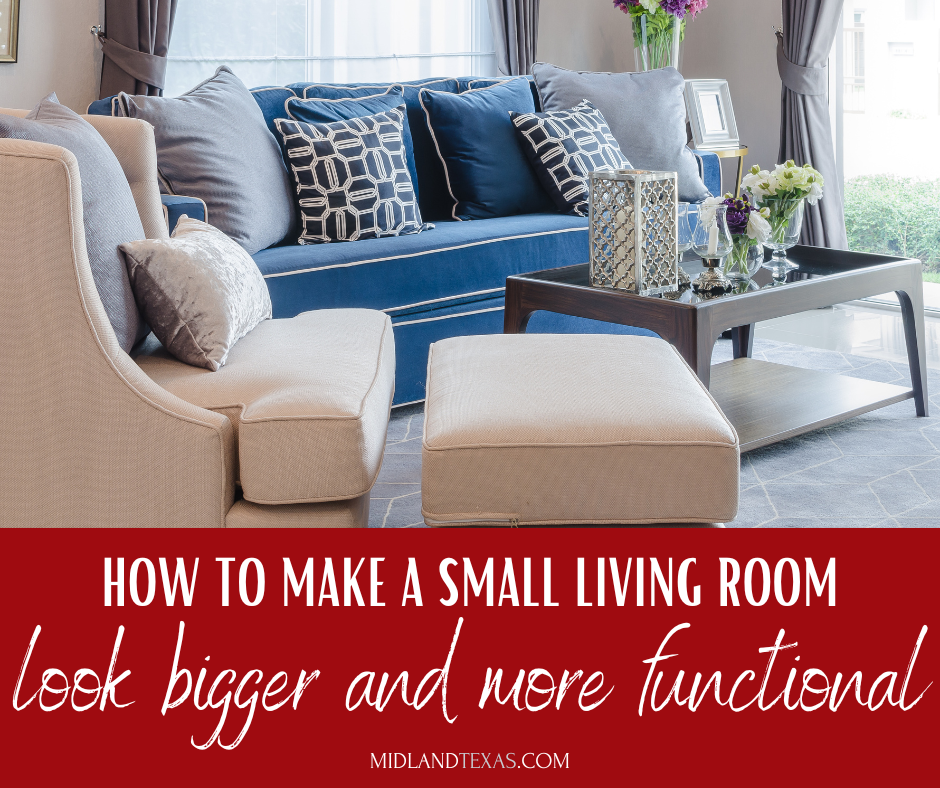When you sell a property, there’s more to think about than just the sale price. You also need to consider capital gains tax – a tax on the profits made from selling property. This guide explains what capital gains tax is, when you have to pay it and how it works.
What is Capital Gains Tax?
Capital gains tax is a tax that you pay on the profit that you make when you sell an asset. The gain is the difference between what you paid for the asset (the cost basis) and what you sold it for.
For example, let’s say you buy a house for $200,000 and later sell it for $250,000. The gain on the sale would be $50,000 and you would owe capital gains tax on that amount.
Related: 5 common real estate contingencies
When Do You Have to Pay Capital Gains Tax?
You only have to pay capital gains tax if you make a profit on the sale of your property. If you sell your property for less than you paid for it, you won’t owe any tax.
You also don’t have to pay capital gains tax if you sell your primary residence. If you live in the property for at least two of the five years before the sale, you can exclude up to $250,000 of the gain from tax ($500,000 if you’re married and filing jointly).
How Does Capital Gains Tax Work?
Capital gains tax is calculated as a percentage of your profit. The exact rate depends on your tax bracket. For example, if you’re in the 25% tax bracket, you would owe 25% capital gains tax on any profit you make from selling your property.
You can deduct any costs associated with selling the property, such as real estate commissions, from your profit to lower your tax bill.
Find Out How Much Your Home is Worth Now
Are There Ways Around Capital Gains Tax?
There are a few ways that you can avoid or reduce your capital gains tax bill.
One way is through a 1031 exchange, which allows you to defer the tax on your gain by reinvesting the proceeds from the sale into another similar property.
Another way to reduce your capital gains tax is by taking the cost basis of the property into account. This includes improvements that you’ve made to the property, such as a new roof or deck.
You can also take advantage of the capital gains tax exclusion if you’re selling your primary residence.
Finally, you may be able to avoid capital gains tax altogether by selling your property at a loss. (But naturally, nobody wants to do that!)
Related: 5 secrets to get you higher offers on your home
A Word on How 1031 Exchanges Work
In a 1031 exchange, you can defer paying capital gains tax on the sale of your property by reinvesting the proceeds from the sale into another similar property.
To qualify for a 1031 exchange, you must reinvest the proceeds from the sale into another property of equal or greater value within 180 days.
The 1031 exchange is a complex transaction, so it’s important to work with a qualified professional to make sure that everything is done correctly.
The Bottom Line on Capital Gains Tax
Capital gains tax is a tax that you pay on the profit that you make when you sell an asset, such as a piece of real estate. You only have to pay capital gains tax if you make a profit on the sale.
Are You Buying or Selling a Home in Midland, Texas?
Use our site to search homes for sale in Midland and all of our surrounding areas. Unlike the “big name” sites out there, our site is directly connected to our local MLS and is updated faster. By creating a property manager account you can stay on top of the newest homes for sale and get price change alerts so you can stay ahead of other buyers and beat them to the best deals!
In the meantime, check out these 1-click searches:
Property Valuation Request Form






Leave A Comment
You must be logged in to post a comment.